Dear friends,
On our shared planet of 8 billion people, we must never forget how interconnected we are. This awareness of our shared humanity, so often lacking among leaders now, was what Nelson Mandela and I had in mind when we co-founded The Elders in 2007. In South Africa, this concept of belonging to each other is called Ubuntu.
More than 15 years after our group first came together, and in the face of grave existential threats, Mandela’s wisdom is needed more than ever. Last month, on his birthday, we celebrated his vision as the continued driving force behind all our work. Mandela was guided throughout his life by his unwavering commitment to equality, justice and compassion. He believed deeply in human capacity for kindness and change. Now, it is up to us to live his legacy. Progress in tacking the climate crisis, pandemics and nuclear weapons demands the ethical leadership he modelled.
Nowhere is the lack of far-sighted leadership more apparent than in the field of nuclear weapons. As the new film about Robert Oppenheimer was released worldwide on 21 July, The Elders published a new nuclear policy paper outlining the scale of the threat and proposals for achievable multilateral progress. Mary Robinson took part in a panel discussion in London prior to a special screening of the film, and expressed the hope that it can serve as a catalyst for greater scrutiny of the current failures of leadership on nuclear arms control, and Juan Manuel Santos will take part in a webinar on the same topic with the Bulletin of the Atomic Scientists on 3 August.
Political leaders all too frequently succumb to the allure of short-term gains, turning a blind eye to the existential threats humanity faces. Ever since the first atomic bombs were dropped on Hiroshima and Nagasaki in 1945, the nuclear threat has been viewed through the prism of superpower relations and security policy – a traditionally male domain. Men still significantly outnumber women in nuclear diplomacy. This must change.
At the Women Deliver conference last month, alongside my sister Elders Mary Robinson and Ellen Johnson Sirleaf, this was my message: that women’s leadership on all existential threats, including nuclear weapons, is imperative. It is shameful that out of 195 countries in the world, at the start of this year only 17 countries had a woman Head of State, and just 19 countries had a woman Head of Government.
In Kigali we met courageous Rwandan women who worked tirelessly as frontline health leaders during the COVID-19 pandemic. Leaders must recognise that our own survival as a human family, and the prospect of living in societies of equity and prosperity, hinges on female leadership. It is high time for more women to lead.
While the challenges we face are grave, and while women’s rights are under increasing attack, we can never let injustice and impunity win. There is always hope for a better world – through every crisis, through every storm. We must hold onto it. It is up to all of us to keep pushing for change, to keep demanding better from leaders, and to rise up until the future is safe and just.
With thanks for your ongoing support,
Graça Machel
01/08/2023



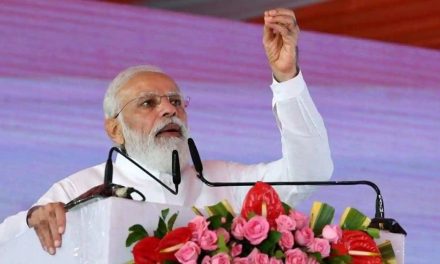
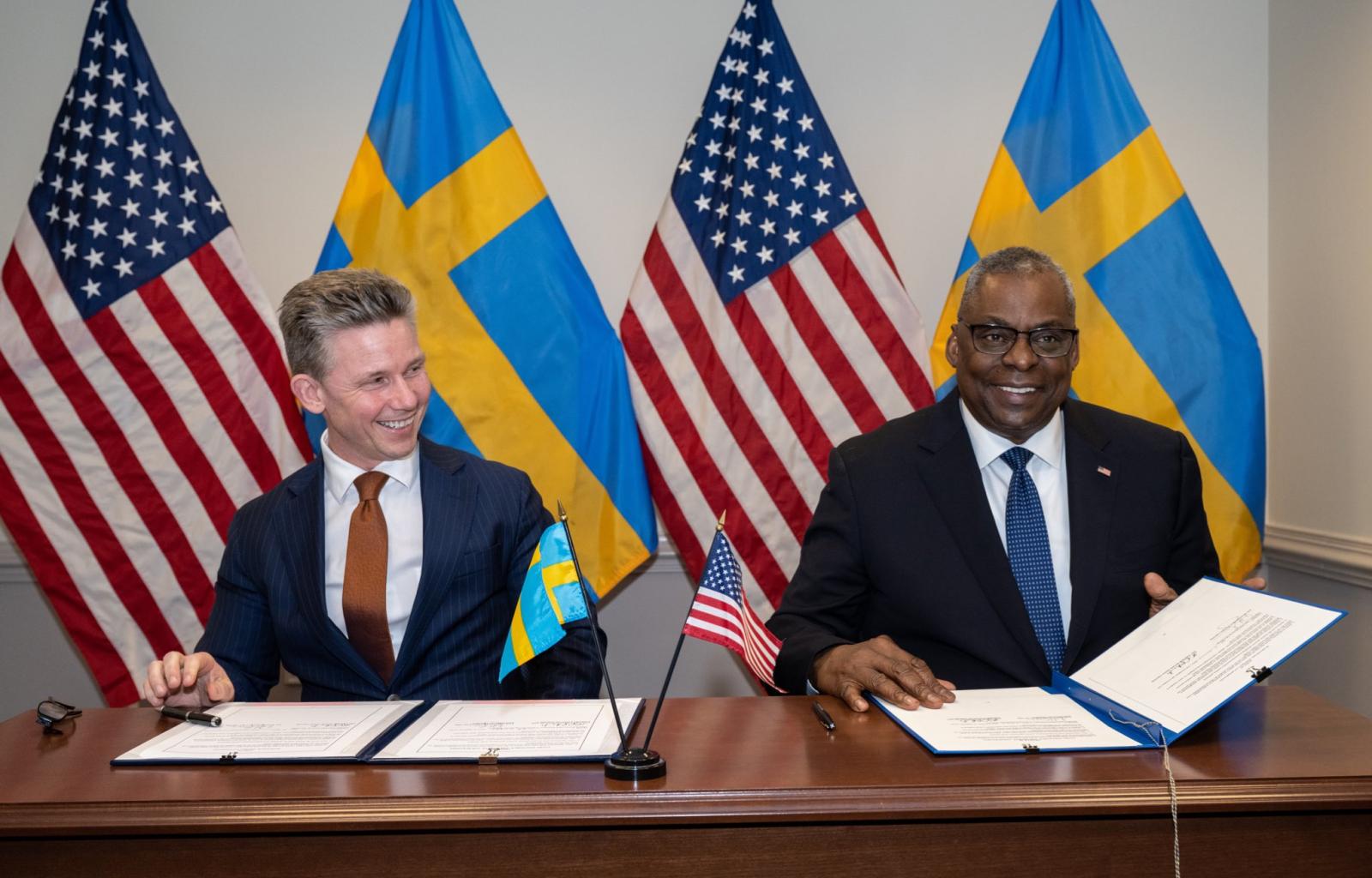
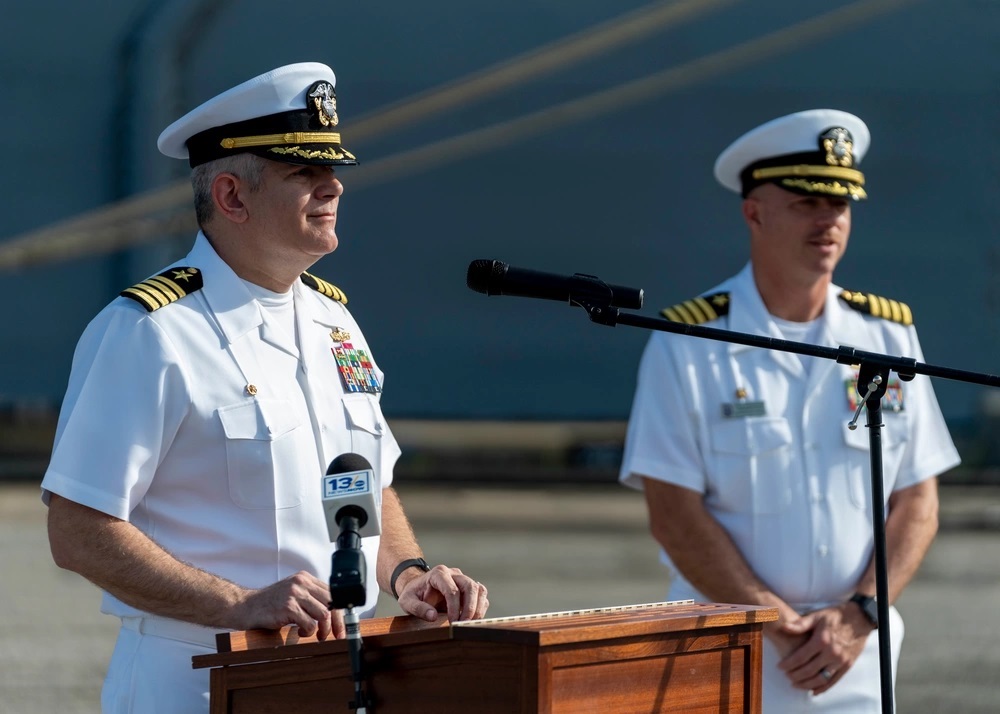
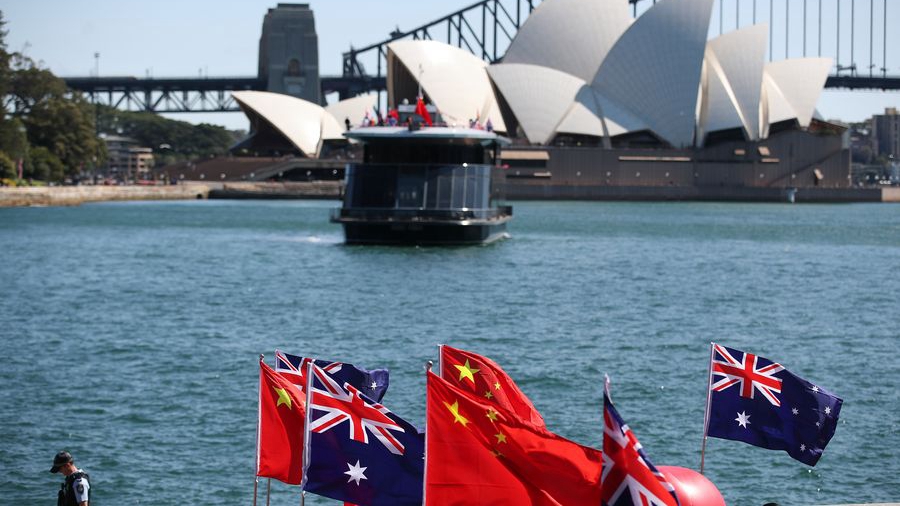

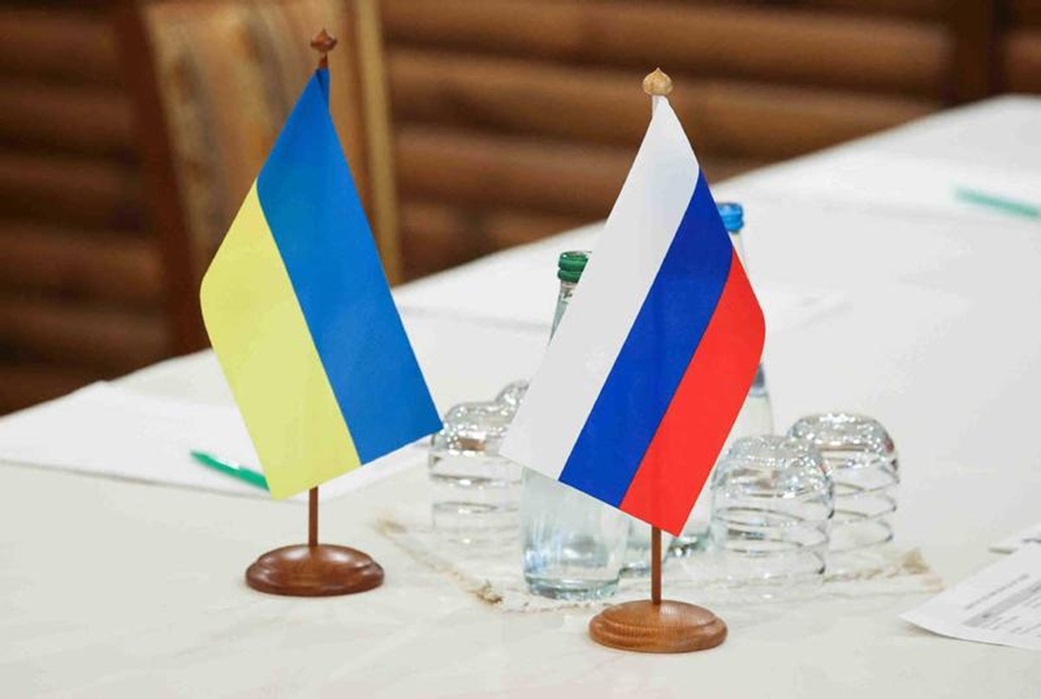
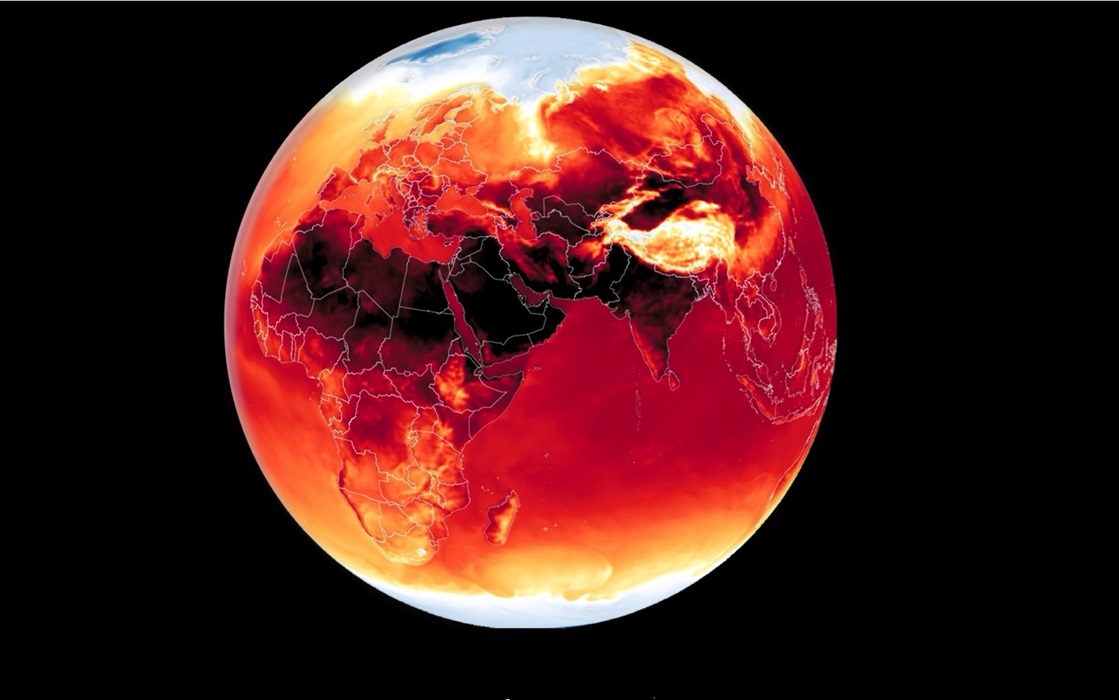


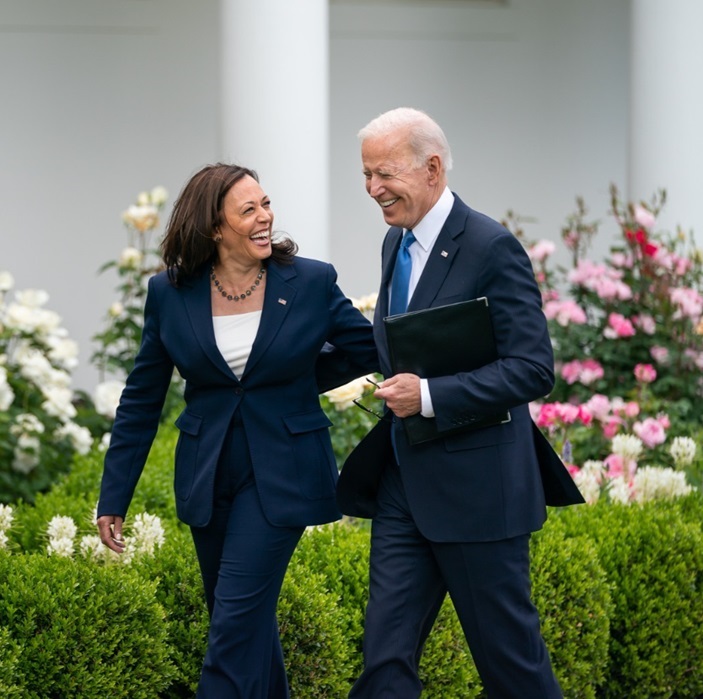
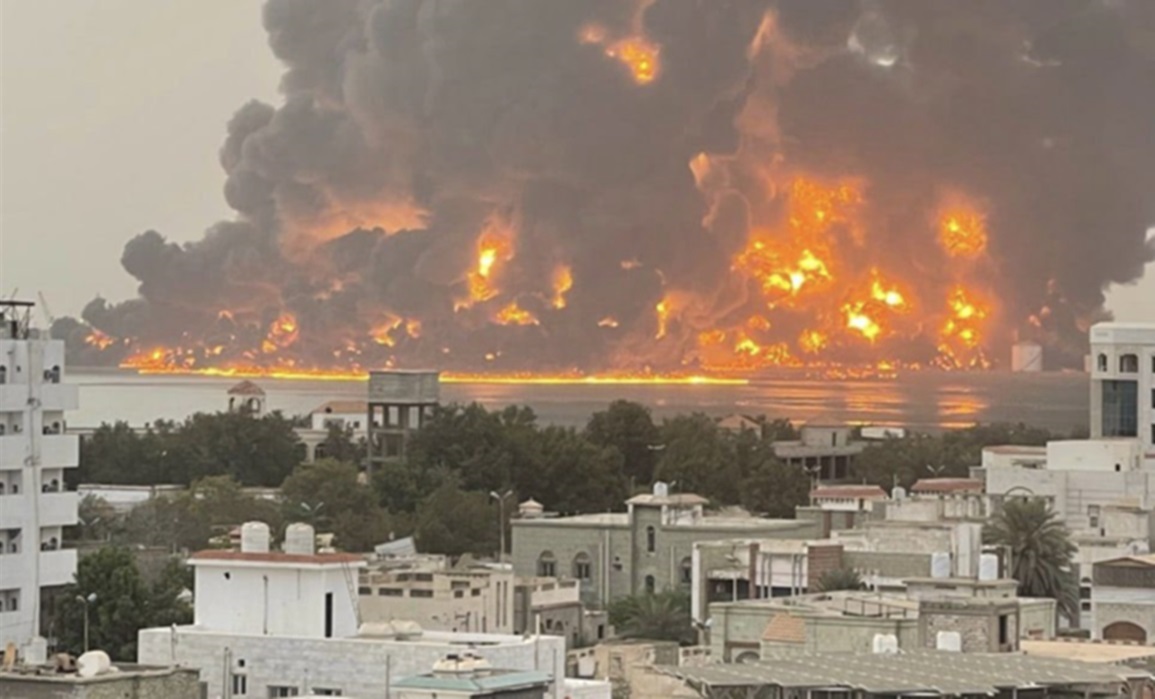
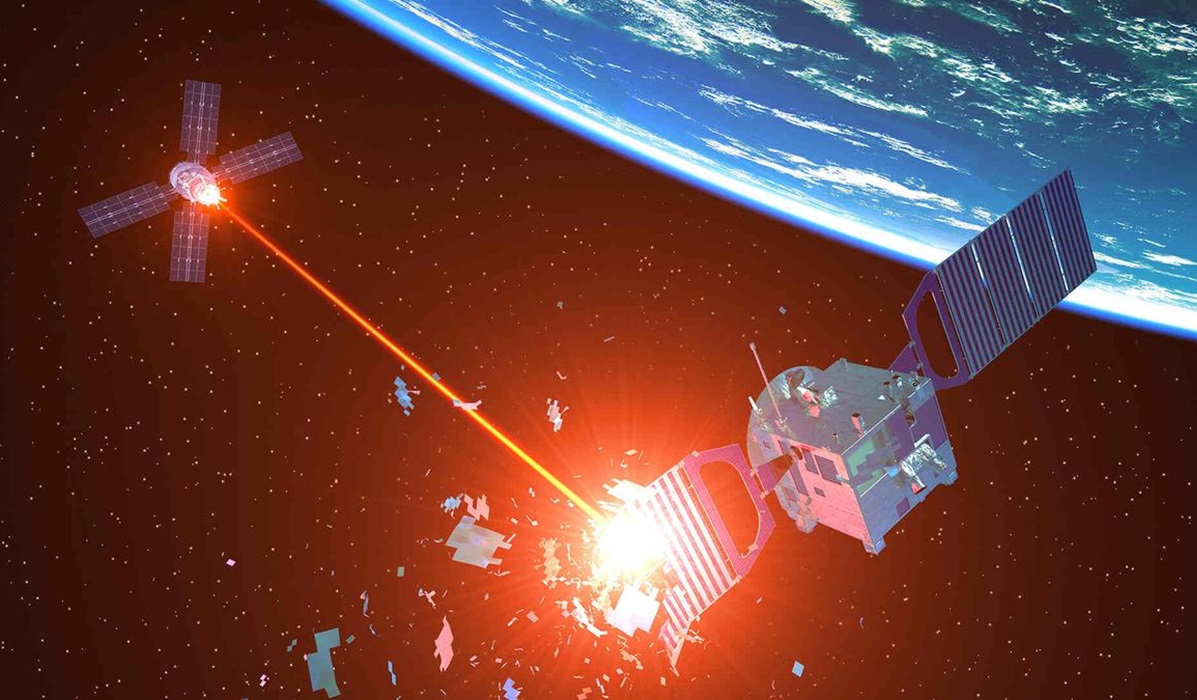
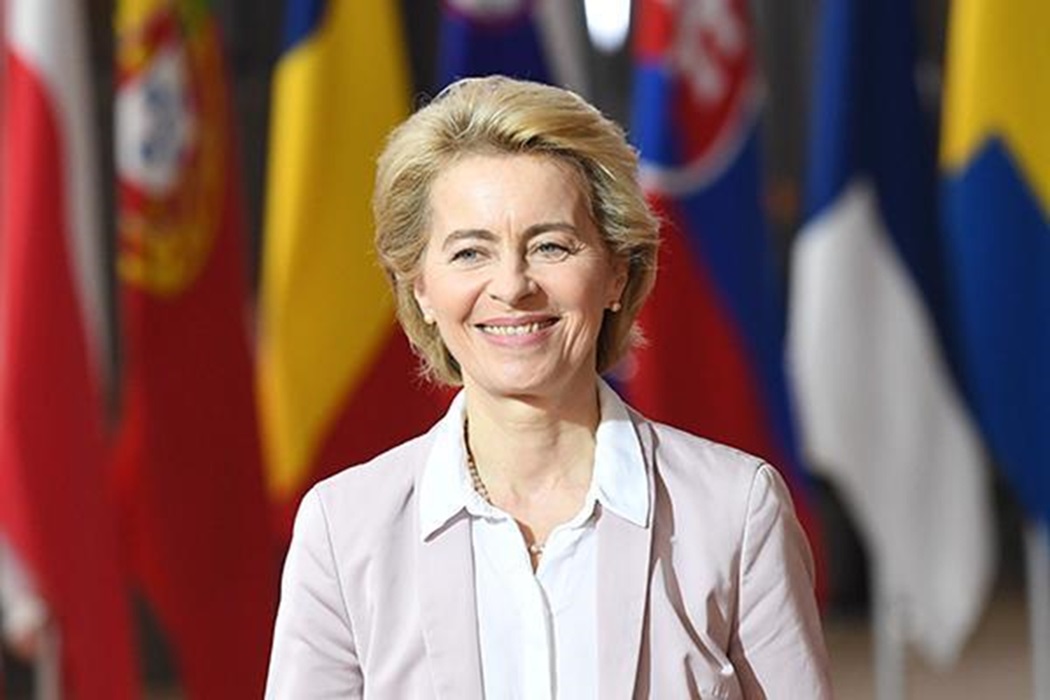
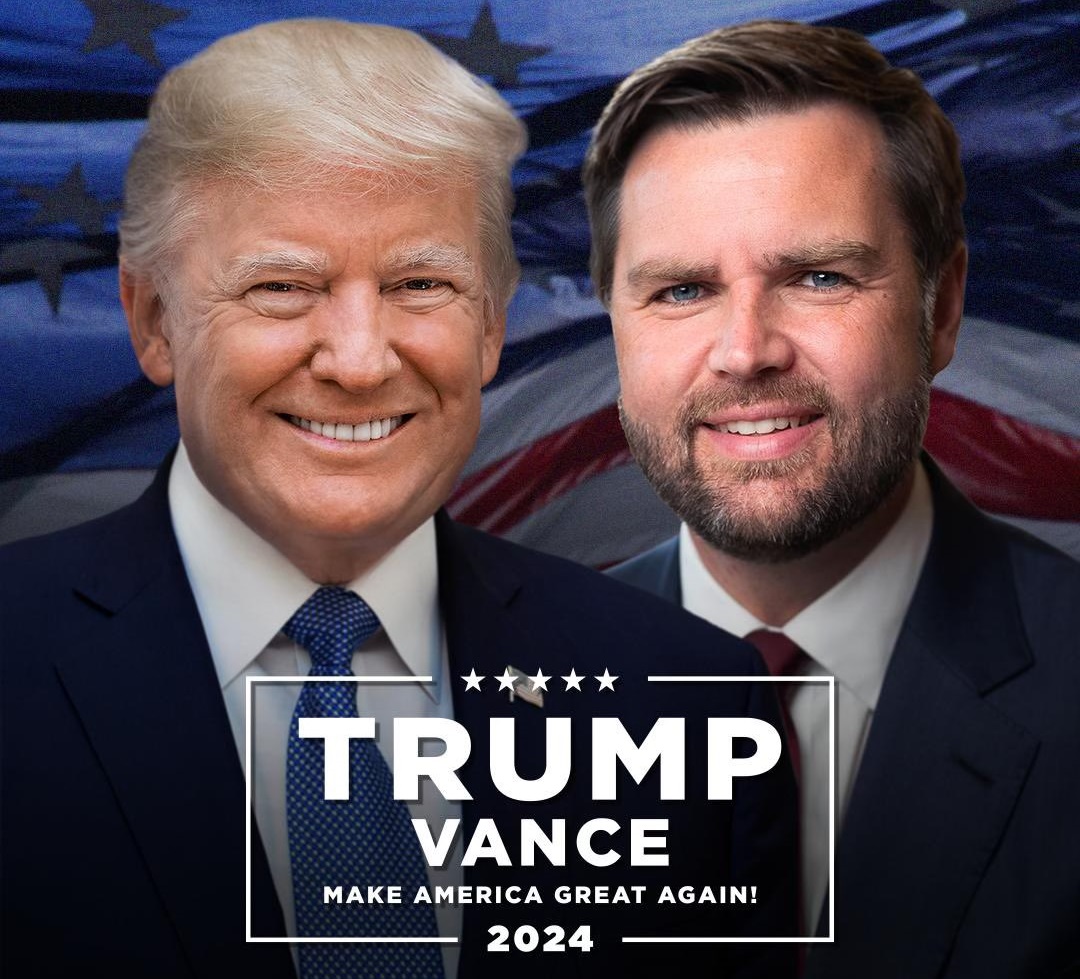
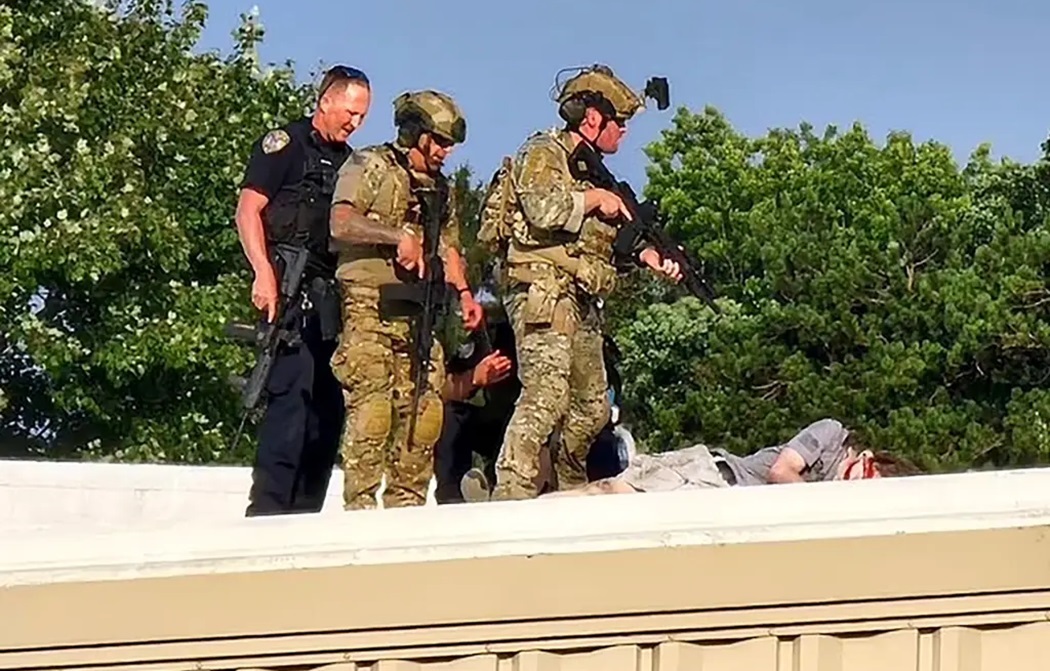

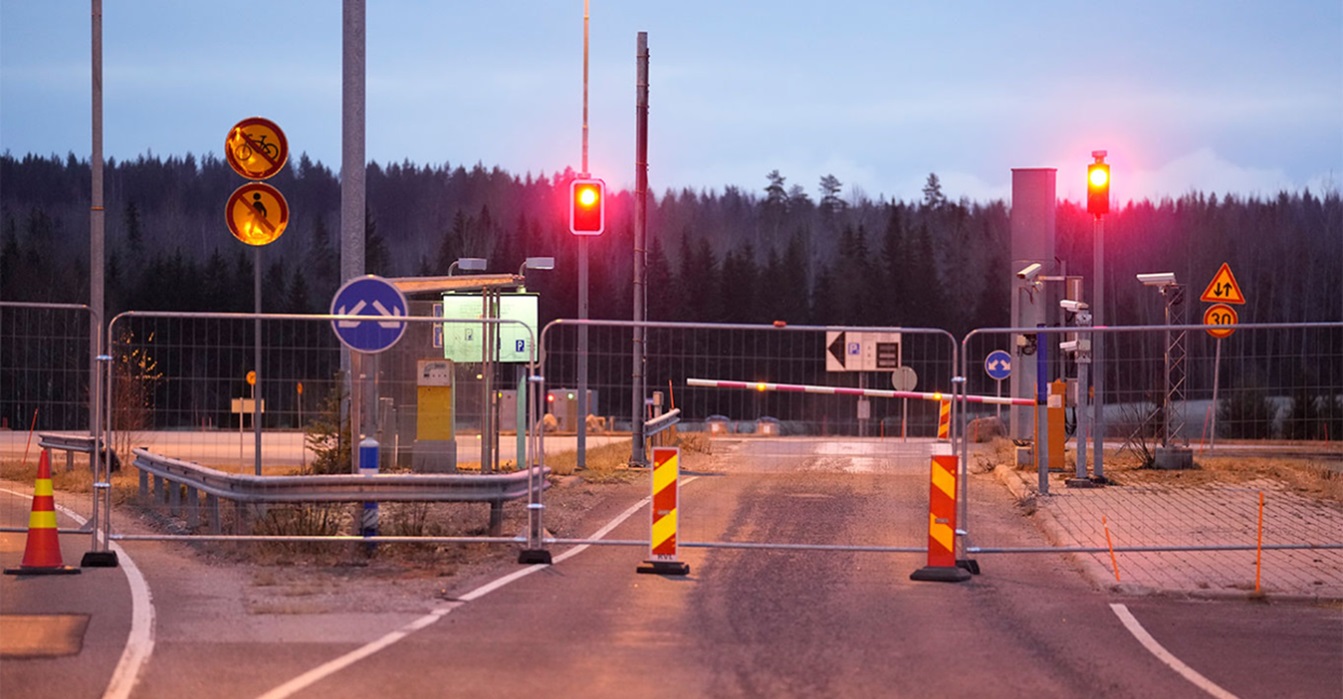

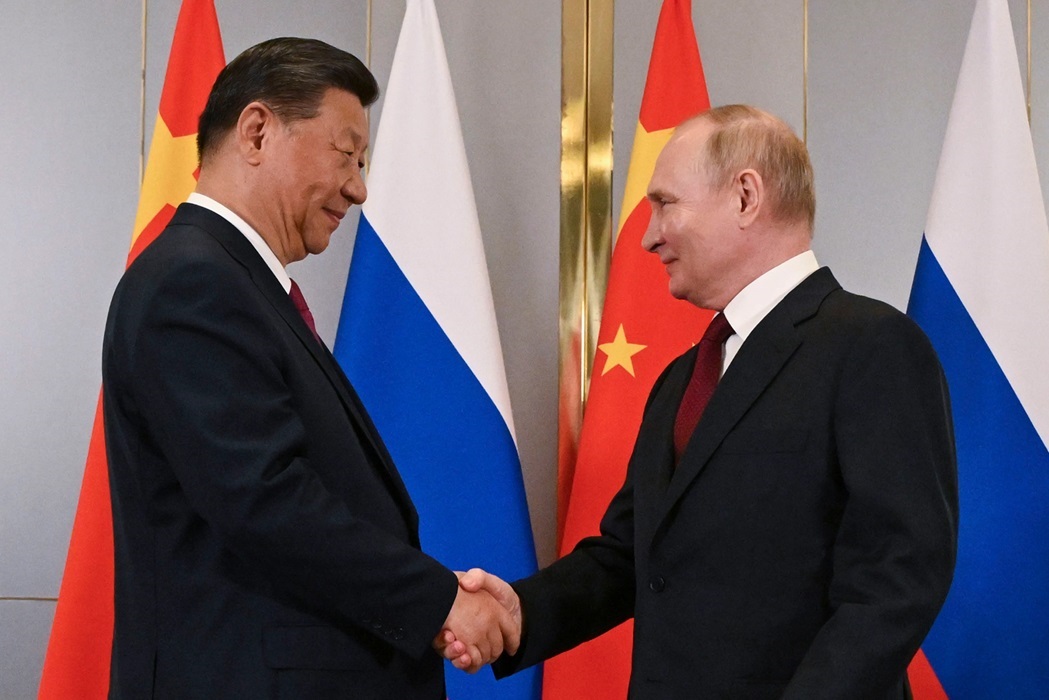

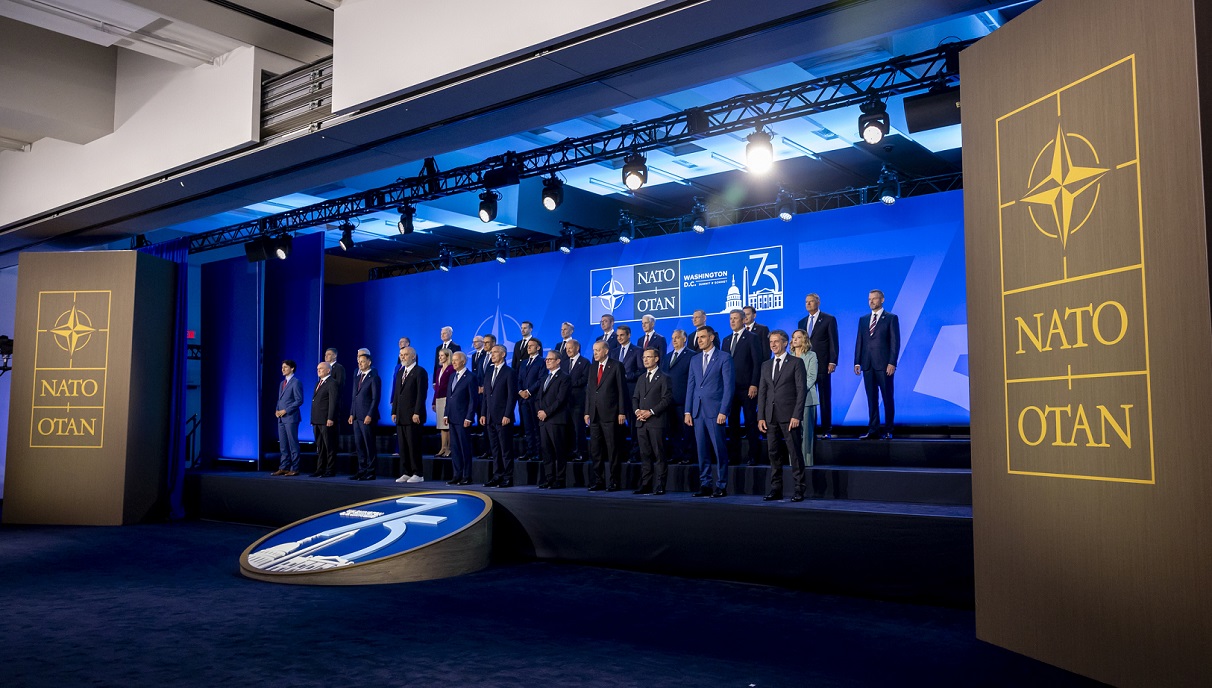
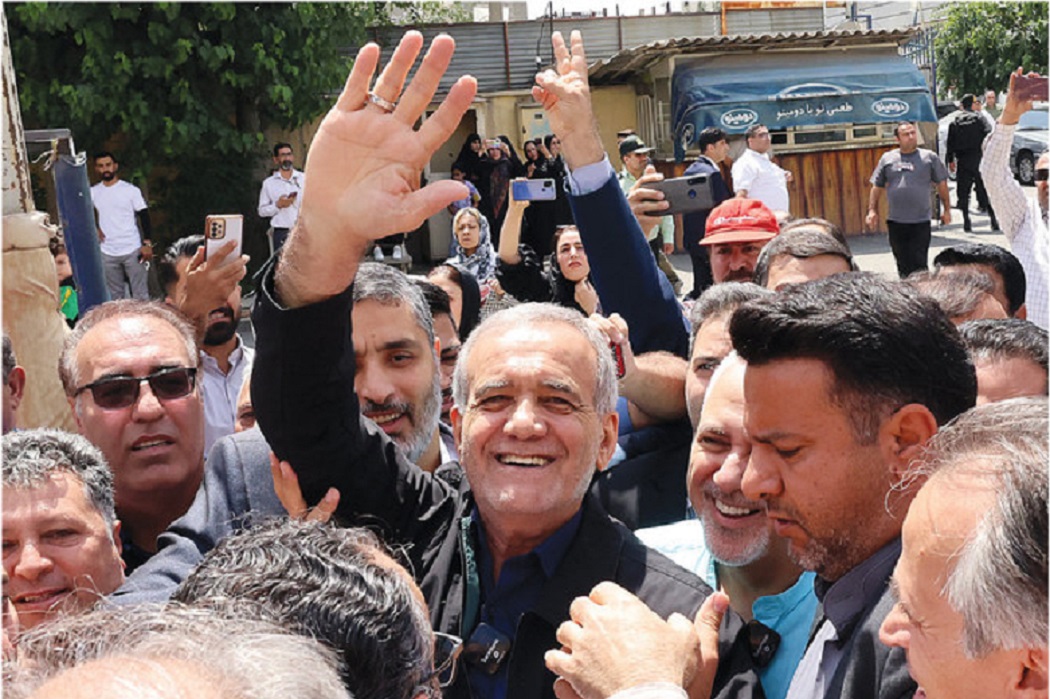


Hello! I just would like to give a huge thumbs up for the great info you have here on this post. I will be coming back to your blog for more soon.